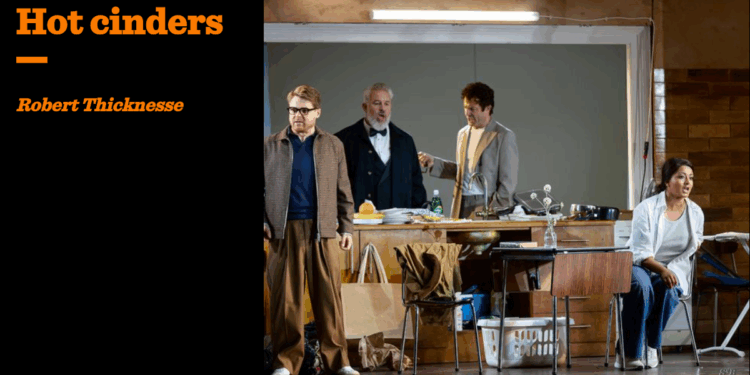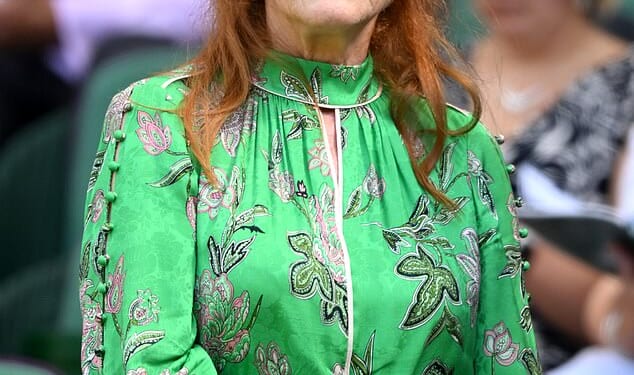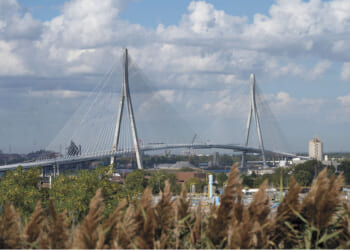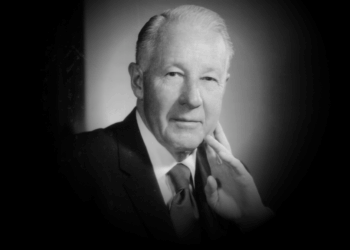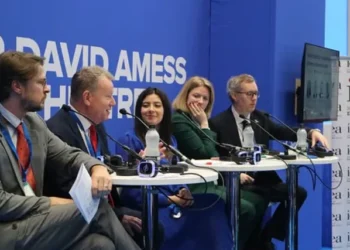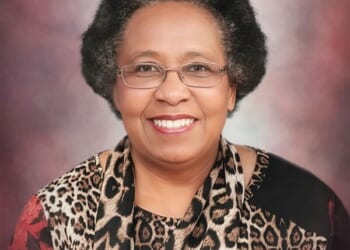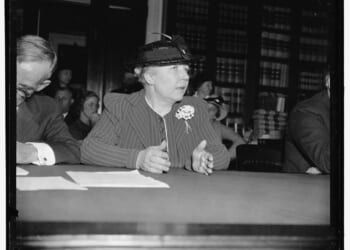It’s important to remember that if the last “government” had had their way, the English National Opera wouldn’t exist, we wouldn’t have this or any other show, and the Coliseum would have been handed over to one of their rapacious pals for development as a “luxury venue” for vulgarians or perverts of one kind or another. That death sentence was commuted to (future) transportation for life, to Manchester, and ENO is currently handling that idiocy with considerable elegance, putting on shows up there during the transition which don’t require the wholesale sacking of the London company.
This is a very ENO show, in the old sense and in a good way, highlighting the things that make it so bracingly and pleasantly different from Covent Garden. Young singers, performing in English, and a jolly old warhorse given a fresh and light-spirited makeover — and using the vast stage very effectively — that is neither patronising or stupid.
Apart from the old staging of The Barber of Seville that has been returning for decades, we don’t get much Rossini at ENO, and La Cenerentola hasn’t been seen for 40 years. The most important thing with Rossini is to get the right conductor, and they’ve emphatically done that: the Taiwanese Yi-Chen Lin, based in Vienna, who trained with the supreme Rossini maestro Alberto Zedda, has a great sense of the control and bounce and sheer joy of the composer’s music, plus the grasp of pacing and momentum that it needs: Rossini the juggler keeping the balls all whirling through the air the entire time. She’s not as demonstratively helpful to singers as some conductors, to be sure, and things occasionally came adrift, though not fatally.
Things take a while to warm up — but already director Julia Burbach shows plenty of imagination. Cenerentola is a bit sparsely-populated — six main principals, a little-used male chorus — and that huge stage can be a lonely place, so throwing in some party scenes for Cinders’s grim sisters Clorinda and Tisbe with five lively dancers — choreographed with and lot of wit by Cameron McMillan — is a good idea, to fill up the spaces of Herbert Murauer’s big two-storey set, the town house of the Magnifico family. It’s all perfectly contemporary — Vicky Pollard body language from Grace Durham’s Tisbe, delivery drivers unloading heaps of bad-taste fashion for her and her sister, and drudgy Cinders off to the side doing the ironing in the utility room.
Plus, there is a bit of magic from the start too, reinstating some of the stuff Rossini took out in the rush to get Cenerentola ready. The fairy-godfather creature, Alidoro, is orchestrating things from the off (with an invented female counterpart, what’s more), and we get panto mice and a lift that operates as a magic portal. It’s all nice, lively detail, working with the great colours of Sussie Juhlin-Wallén’s costumes and the constant movement to make a dramatic kaleidoscope that for the most part works very well — ending in a big production number at the end of the first act that’s as happily Broadway as anything you’re likely to see in opera.
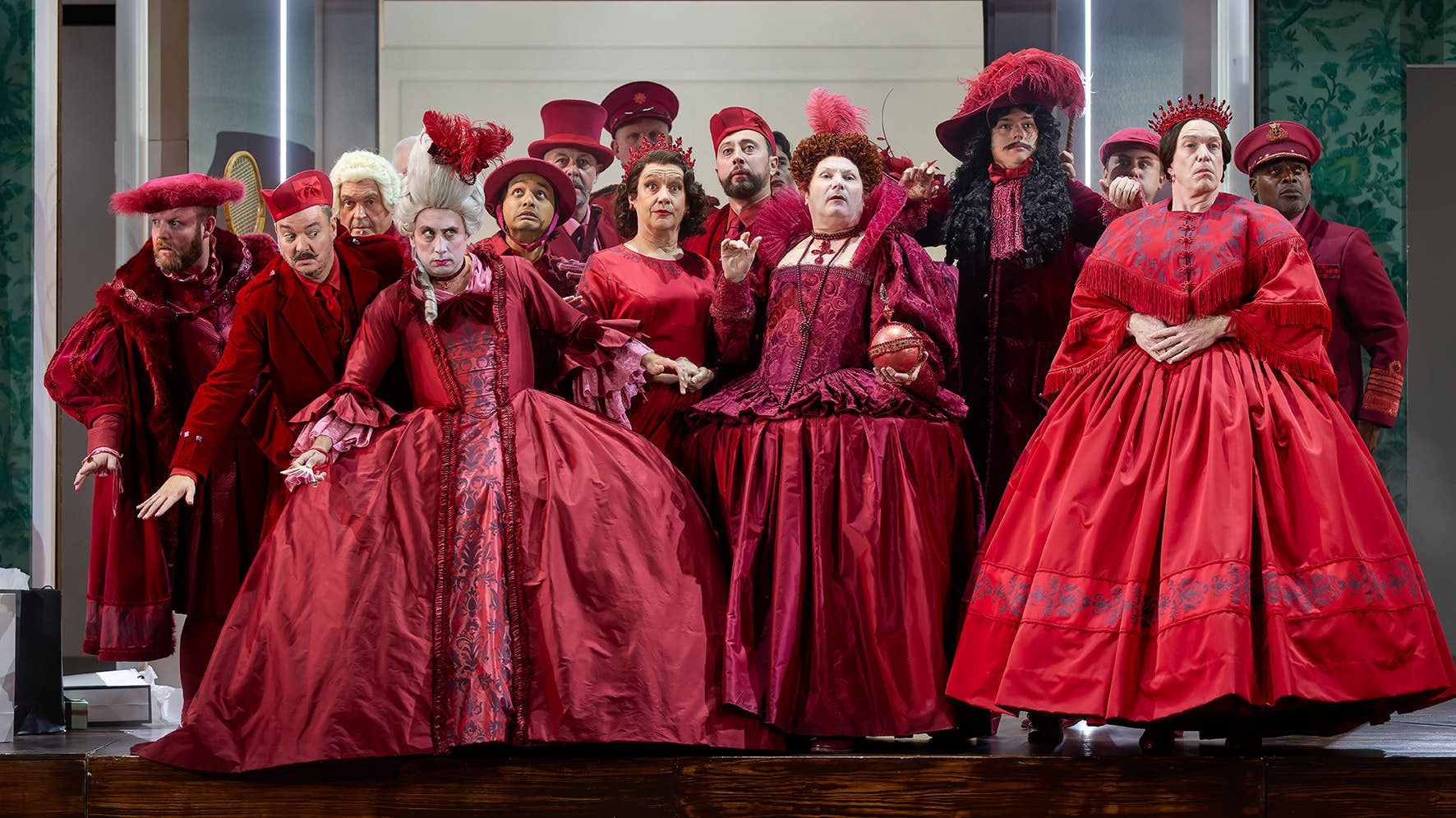
But Cenerentola is not a looney-tunes Barber retread — its core is rather a serious sentimental character comedy about semi-realistic humans, notably Cinderella herself whom we see becoming a woman and drawing an unusual degree of sincerity from the sly composer with her insistence on bringing kindness and goodness into her heartless world. There’s plenty of foolery in it too, of course — the stupid sisters, the awful father Magnifico who nevertheless remains exceptionally engaging with his insane fantasies, the Prince Ramiro’s servant Dandini who goes way over the top impersonating his boss… there could be more jokes here, a bit more shtick with the patter, and the “serious” characters of Cinders and Ramiro are not explored very profoundly, but the energy of the staging goes a way towards hiding that.
What you need most, of course, is a cast and in particular a heroine to complement the fabulous work being done in the orchestra (and the ENO band is on fizzing form). And they’ve landed a sensational Cinders in Deepa Johnny, a young Canadian mezzo born in Oman. This is a heck of a voice, warm and natural, completely unaffected, that tosses off Rossini’s extravagant demands of agility and soul and sounds like there’s still plenty left in the tank, allied to an utterly assured stage presence. What lacks is much depth to the character — a matter of direction, for sure, but neither does the singing itself tell us a lot about the heroine, as the truly great singers do.
Same goes for the young English tenor, Aaron Godfrey-Mayes, not brimming with charm or fire but earnest and likeable enough, and equal to everything Rossini asks, which is plenty. Isabelle Peters and Grace Durham put plenty of energy into the sisters, Simon Bailey and Charles Rice toss off the comedy roles without caricature but also without a lot of humour, and David Ireland’s Alidoro acts as bumptious ringmaster.
Ms Burbach’s best idea is having the gents’ chorus done up as Ramiro’s ancestral portraits come to life, à la G&S — an array of old royals and poshoes in red from Henry VIII and Elizabeth to a Twenties golfer and so on; they mill around sociably like the cast of Ghosts, fill up the spaces, totter about the stage, beguile the longueurs, not always with quite enough to do, but they’re funnier than anything else that’s going on. This includes Christopher Cowell’s very wordy translation — more of a rewrite really — which works a bit too hard, sacrificing naturalness to a cheap laugh; still, mustn’t grumble too much, far better overdone than the opposite.
It’s not the full Cenerentola. But it’s colourful and lively and definitely heartening, a bit hectic at times and somewhat short of stuff like threat and redemption that Rossini had in mind. But there are plenty worse sins than trying to be entertaining.

